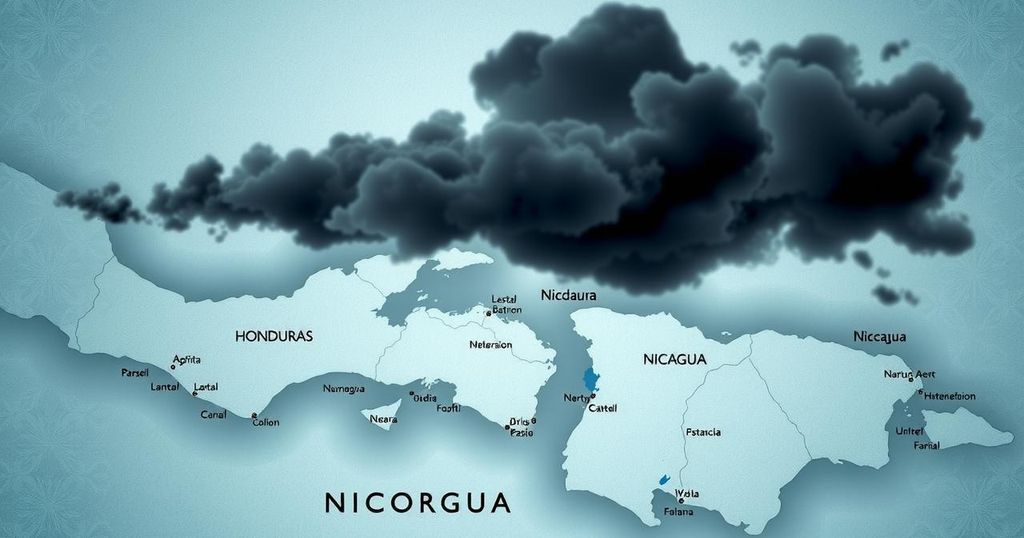World news
AFGHANISTAN, AFRICA, ASIA, BIDEN, CAMEROON, CENTRAL AMERICA, CUBA, CUSTOMS AND BORDER PROTECTION, DEPARTMENT OF HOMELAND SECURITY, DEPORTATION, DHS, EMERGENCY RESPONSE, HAITI, HONDURAS, KRISTI NOEM, NATURAL DISASTER, NATURAL DISASTERS, NEPAL, NEW YORK, NICARAGUA, NO, NOEM, NORTH AMERICA, SAN FRANCISCO, SECRETARY OF HOMELAND SECURITY, SOUTH AMERICA, SUPREME COURT, TRUMP, UNITED STATES, VENEZUELA
Lena Nguyen
0 Comments
DHS Ends Temporary Protected Status for Thousands from Nicaragua and Honduras
- DHS officially ends Temporary Protected Status for migrants from Honduras and Nicaragua.
- TPS was designed as a temporary measure for nations experiencing disasters or wars.
- The revocation is tied to claims of improved conditions in both Central American countries.
DHS Ends Temporary Protected Status for Migrants
The Department of Homeland Security (DHS) has officially announced the termination of Temporary Protected Status (TPS) for thousands of migrants hailing from Nicaragua and Honduras. This decision has raised eyebrows, especially given the historical context in which TPS was originally granted to these nations. During his administration, President Trump cited improved conditions in both Central American countries as justification for ending the protections, a claim that many advocates and affected individuals dispute.
Background on Temporary Protected Status Program
TPS has been a pivotal federal program since its establishment, providing essential deportation protections and work permits to those from countries that have suffered from war or catastrophic natural disasters. The current revocation follows a history where TPS was designated to Honduras and Nicaragua after the devastation caused by Hurricane Mitch in 1999, a storm responsible for a tragic loss of over 10,000 lives. Following Trump’s initial termination of TPS, the Biden administration reinstated the protections, allowing roughly 4,000 Nicaraguans and 72,000 Hondurans to live and work legally in the United States, though now they face uncertainty once again.
Controversy Surrounds End of Protections
On September 11, 2023, Secretary Kristi Noem of DHS stated that a comprehensive review indicated sufficient recovery in both Honduras and Nicaragua since the 1999 disaster, leading to the conclusion that TPS holders could now return safely. However, many migrants and immigrants rights advocates argue that the conditions in these countries do not reflect the safety claim made by the administration. In a strikingly controversial maneuver, DHS has encouraged individuals to consider self-deportation, offering incentives like complimentary plane tickets and potential exit bonuses.
The move to end TPS for Hondurans and Nicaraguans is part of a broader agenda by the Trump administration to limit legal protections for various immigrant groups. With significant pushback against similar moves for other nationalities, the future of TPS remains contentious and complex. As conditions in both Honduras and Nicaragua are closely scrutinized, advocates fear for the safety and well-being of those affected by this decision.




Post Comment